On July 25-29, 2022, participants from coast to coast and around the world attended the 2022 Human Trafficking Academy: Migration and Human Trafficking: Tracing Root Causes & Seeking “Intensional” Solutions.
In 2022, unparalleled times left the world watching as a war of aggression was followed by the most devastating humanitarian crisis in the heart of Europe since WWI, with millions of Ukrainian refugees crossing international borders. In the United States, the CBP Southwest border enforcement numbers for July 2022 alone marked 162,792 unique encounters nationwide, bringing the total to over 2 Million encounters since the beginning of the year. The 2022 Academy was designed to address these signs of the times – the implications of such movement of people as it intersects with human trafficking.
During the intensive week of 15 courses, the Academy examined the amassing refugee and migration crisis through exercises on law and policy, coupled with practical engagement in identifying and delving into the root causes of irregular migration, its intersections with human trafficking, past trends in decision, and their conditioning factors. The multidisciplinary participants consisted of a distinguished delegation of officers from U.S. Customs and Border Protection who serve and protect in the Human Trafficking Units of our airports and various Ports of Entry, a cohort of child protective investigators and other specialists at Florida Department of Children and Families who work on the frontlines of preventing the human trafficking of migrant children, various representatives from educational institutions in Africa and beyond, as well as other government officials, attorneys, academics, students, case managers, health care professionals, nonprofit organizations, faith-based institutions, and survivors of human trafficking. These participants’ respective expertise and perspectives vastly added to the rich, high-level discussion, leaving all involved immersed with critical knowledge to address the issues in their respective fields and challenged as change agents to explore creative, “intensional” solutions.
The 2022 Academy began with an invocation from Rev. Dr. Paul VI Karenga, Alumnus, LL.M. & J.S.D. in Intercultural Human Rights Program, followed by a welcome from David A. Armstrong, J.D., President, St. Thomas University, and Professor Dr. John Makdisi, Interim Dean, St. Thomas University College of Law. Professor Dr. Roza Pati, Founder & Director, The John J. Brunetti Human Trafficking Academy, and Professor of Law & Executive Director, LL.M./J.S.D. in Intercultural Human Rights Program, provided opening remarks that set forth the importance and context of the week’s curriculum. Delineating the problem, Dr. Pati invited the participants to address “the problem within the contours of the human rights law and the corresponding duties of the state to respect, protect, and ensure human rights of every human being, as well as on the basis the Catholic Social Teaching that demands the building of a ‘culture of encounter’ in our communities, with a focus on solidarity, by combatting ‘depersonalized uniformity,’ proactively engaging in identifying and mitigating vulnerabilities of ‘the inhabitants in the existential peripheries… migrants and refugees, displaced persons, and victims of trafficking,’ with the ultimate goal of ensuring a public world order of dignity of every person and of the whole person.”
Delimiting the Problem from Origin to Destination: Assessing Human Trafficking in the Context of Migration
The first day’s courses focused on delimiting the problem of human trafficking in the context of migration from origin to destination. Co-instructors, Professor Dr. Roza Pati and Ana I. Vallejo, Esq., Co-Director & Attorney, VIDA Legal Assistance, Inc., provided participants with a three-part module to critically examine case studies and fully engage in discussions that thoughtfully define the problem of human trafficking from a migrant’s origin to destination. Part I explored the push and pull factors that cause migration to the U.S. and the vulnerabilities that are associated. Part II examined how traffickers use push and pull factors to exploit people on the move into human trafficking. Part III assessed the various ways that people on the move to the U.S. are exploited into human trafficking as presented through an assessment of diverse case studies illustrating forced labor, domestic servitude, sex trafficking, debt bondage, and other forms of exploitation.
At Destination: Law and Policy on the Books and Enforcement and Compliance Issues
The next Modules dealt with aspects of people on the move once at the destination. Module 2 examined the federal law and policies on the books affecting migrants who come to the U.S. R. Andrew Free, Esq., Immigration Attorney, Law Office of Andrew Free, discussed the detention process at the Southern Border. Shalyn Fluharty, Esq., Incoming Executive Director, Americans for Immigrant Justice, and Attorney Consultant, Feerick Center, examined the various forms of sponsorship systems for migrants in the U.S. and how vulnerabilities due to sponsorship systems might be exploited into various forms of exploitation including human trafficking. Ana I. Vallejo, Esq., assessed the accessibility and adequacy of protections in law for refugees and survivors of human trafficking and reviewed the different avenues available in U.S. immigration law to protect trafficked persons who are foreign-born.
At destination, law and policy as written may seem to be well-defined. However, Module 3 examined multiple issues that surround the realities of procedure, compliance, and enforcement of the law in action. Participants learned how civil enforcement through anti-discrimination and labor laws can be used to combat human trafficking from Anna Park, Esq., Regional Attorney, U.S. Equal Employment Opportunity Commission, Los Angeles District Office. Ms. Park instructed on the EEOC’s longstanding body of work combatting human trafficking as a civil rights violation under federal law. Using cases such as EEOC v. Global Horizons, et al., and EEOC v. John Pickle, et al., her course addressed unique legal issues such as proving discrimination in labor trafficking cases and holding businesses accountable when they are not the direct employer but are responsible for the deplorable employment conditions of the labor trafficking victims. Cristobal Perez, MEPsy, Deputy Director of Programs & Data, Coalition for Independent Living Options, shared extensive knowledge on experiences faced by unaccompanied children from Central America in their home country, during migration to the U.S., when arriving within our borders, and ultimately living in our communities. Perez also explained how the unaccompanied children population is particularly vulnerable, making them susceptible to various forms of exploitation including human trafficking. Agatha Schmaedick, Esq., Staff Attorney, The Human Trafficking Legal Center, equipped attendees with working knowledge of the various ethical issues that may surface when working with people on the move and survivors of human trafficking including issues such as client decision making; survivor-centered and trauma-informed lawyering; the duty of care; the duty to collect on judgments and/or zealously pursue restitution; language access; conflicts of interest considerations in multi-victim cases; and balancing potentially competing interests between immigration legal representation, civil suits, and crime victim rights advocacy in criminal courts, and more.
As one of the week’s highlights, the Academy was privileged to have the Honorable Jeanette Nuñez, Lieutenant Governor of Florida, as the Keynote Speaker. During a special luncheon, Lieutenant Governor Nuñez, who continues to serve on the Statewide Council on Human Trafficking, discussed various aspects of human trafficking affecting Florida and beyond. “I was honored to be the keynote speaker at this year’s John J. Brunetti Human Trafficking Academy at St. Thomas University College of Law. Because of [St. Thomas Law’s] commitment to fight this crime, we can take an all-hands-on-deck approach to protect Floridians and save lives,” stated Lieutenant Governor Nuñez.
The Mission of Accompaniment: Building the Path of Development with Survivors, Migrants, and Refugees
Module 4 discussed the mission of accompaniment: welcome, protect, promote and integrate refugees, migrants, and survivors of human trafficking in the life of society at the destination country, working together to build the future of those who come as an integral part of the future of the hosts. Co-instructors Alicia Garcia Priovolos, Esq., Former Director, Human Trafficking Unit, Miami-Dade State Attorney’s Office, and Jeffrey Pierce, Esq., Assistant State Attorney, Human Trafficking Unit, Miami-Dade State Attorney’s Office, instructed on principles related to trauma-informed lawyering including case studies and strategies that the Miami-Dade State Attorney’s Office have used to implement trauma-informed practices amongst their legal professionals.
Dr. Hilary Chester, Associate Director of Anti-Trafficking & Alternatives to Detention Programs, Migration and Refugee Services, United States Conference of Catholic Bishops, shared about various direct services towards the integral development of refugees, migrants, and survivors of human trafficking. Her course also highlighted recommendations for aftercare, stabilizing, and long-term restorative services from survivors and others with lived experiences, and recent research findings from the program the Dignity of Work, implemented by the USCCB Anti-Trafficking Program to provide job readiness, employment, and educational services to survivors of human trafficking. Attendees participated in a thematic luncheon: The State of Ukrainians in the U.S.: Encountering and Accompanying those Forced to Flee, with Jill Marie Bussey, Esq., Director for Public Policy, Lutheran Immigration & Refugee Services, who provided perspectives on the humanitarian crisis in Ukraine including a discussion of current U.S. policies and protection mechanisms. Dr. Angela Reed rsm, Head of Mercy Global Action & Representative to United Nations, Mercy International Association, provided a best practice example of research on trafficking for the purpose of sexual exploitation, studying qualitative research undertaken with young formerly trafficked women from Cebu, Philippines.
“Intensional” Solutions: Development Towards a World Free of Modern Slavery
The final Module consisted of three distinct Working Groups aimed at developing “intensional” solutions to problems examined throughout the week. During these plenary sessions, Working Groups comprised of leading experts in the field discussed pressing challenges facing the U.S. such as the future of unaccompanied children, gaps in labor practices and respective protections, the role of worker-driven responsibility, and gaps in policies and services facing survivors of human trafficking. A corresponding document resulted from the deliberations of these working groups.
The first Working Group focused on the future of unaccompanied children. Dr. Regina Bernadin, Senior Technical Advisor, Protection and Anti-trafficking, International Rescue Committee, and Jennifer Podkul, Esq., Vice President Policy and Advocacy, Kids in Need of Defense, and Dr. Vanessa Ramirez, Psy.D., Chief Program Officer, Kristi House Children’s Advocacy Center, discussed the journey and experiences of unaccompanied children from their home country through their adjustment in the U.S., highlighting individual and system vulnerabilities for trafficking. While highlighting cultural and familial dynamics of unaccompanied children, the group’s expertise provided participants with working knowledge on the legal status of unaccompanied children as well as the legal options and social services available for those who are trafficked. The Working Group concluded with a discussion of recommendations for creating a better future for unaccompanied children and decreasing vulnerabilities for trafficking.
The next Working Group consisting of Gerardo Reyes Chavez, Staff Member & Farmworker, Coalition of Immokalee Workers (CIW), Ariadna Rico, Senior Human Rights Investigator & Auditor, Fair Food Standards Council; and Daniel Werner, Esq., Attorney, Radford & Keebaugh, LLC, Co-Founder, Workers’ Rights Law Center of New York, and Founding Board Member, Freedom Network USA, focused on worker-driven responsibility and gaps in labor protections. Each described examples of strategies used in their own work and provided collective recommendations to mitigate labor exploitation in a changing nation. Drawing on 25 years’ experience as an attorney advocating for workers and victims of egregious civil rights abuses, Werner discussed how to shape workers’ rights litigation into a tool for organizing and change, and what pro-worker legislative solutions may be viable in the face of deep political divisions and misinformation. Chavez and Rico discussed the Fair Food Program’s worker-driven social responsibility model that is widely recognized as the gold standard of social responsibility in U.S. agriculture, including its success in eliminating and preventing human trafficking and forced labor, sexual violence, systemic wage theft, and other human rights violations on participating farms.
During a thematic luncheon, attendees had the opportunity to hear from United Nations Senior Expert in Criminal Justice, and Clinical Professor of Law, Qatar University College of Law, Prof. Dr. Mohamed Y. Mattar. As many as 281 million people were international migrants in 2022, and Prof. Mattar provided an in-depth analysis of the UN Global Compact on Safe, Orderly and Regular Migration (GCM). His remarks also focused on the action plans pertaining to the GCM’s Objective 9: “Strengthen the transnational response to smuggling of migrants,” and Objective 10: “Prevent, combat and eradicate trafficking in persons in the context of international migration.”
As the last session of the Academy and to commemorate World Day Against Trafficking in Persons, an extraordinary event involving three former and current Council Chairs and a Member of the United States Advisory Council on Human Trafficking who collaborated from around the nation presented: Identifying Gaps in Policies and Services; Developing “Intensional” Solutions. The special Working Group was spearheaded by some of the foremost survivor leaders in the world: the Honorable Harold D’Souza, President & Co-Founder, Eyes Open International, Co-Chair (2016-2017) and Member (2015-2020), U.S. Advisory Council on Human Trafficking, the Honorable Bella Hounakey, Member, U.S. Advisory Council on Human Trafficking, and Program Specialist, U.S. Department of Health and Human Services, the Honorable Robert R. Lung, District Court Judge, 18th Judicial Circuit of Colorado, and Chair (2020) and Member (2018-2020), U.S. Advisory Council on Human Trafficking, and the Honorable Suleman Masood, Council Chair, U.S. Advisory Council on Human Trafficking. The course examined the unique gaps in policies and service provision affecting migratory populations who may face instances of sex and/or labor trafficking and provided strategies for meaningful engagement between migrant survivors of human trafficking and service practitioners, while identifying resilience factors to strengthen access to responsive service provision. The Working Group also identified the root causes of revictimization facing migrant survivors of human trafficking and how a community-based approach may instill protective factors for these underserved populations.
During the closing ceremonies, a Certificate from St. Thomas University College of Law was extended to all who successfully completed the Academy. Closing remarks congratulating the participants were provided by David A. Armstrong, J.D., and Dr. Roza Pati. The late John J. Brunetti, Sr., the Academy’s namesake, was also recognized as the most generous benefactor of the Academy and sponsor of the scholarships provided to all survivors in attendance, along with Mr. John J. Brunetti, Jr., of the Brunetti Foundation who was in attendance. Following the benediction was a reception where several original art pieces commissioned for the Academy were displayed by local artist, Susan Buzzi, to create awareness of human trafficking issues in migration.
“The 2022 Human Trafficking Academy was a tour de force for the transformation of a reality that prejudices the least among us, in order to reach to the understanding that ‘no one is expendable’ and that the ‘differences coexist, complementing, enriching, and reciprocally illuminating one another;’ while being fully conscious that ‘justice needs to be built up with patience, sacrifice, and determination,’ as Pope Francis highlights. The recommendations of the working groups go to the heart of the efforts in seeking intensional solutions to fill in the gaps in three elemental areas of the intersection of migration and human trafficking: the unaccompanied minors, labor protections, overall policies and services. St. Thomas College of Law is grateful to the working groups, to all our speakers and the participants in this Academy for their genuine commitment to the betterment of a single human family, and for being bearers of hope,” said Dr. Roza Pati.
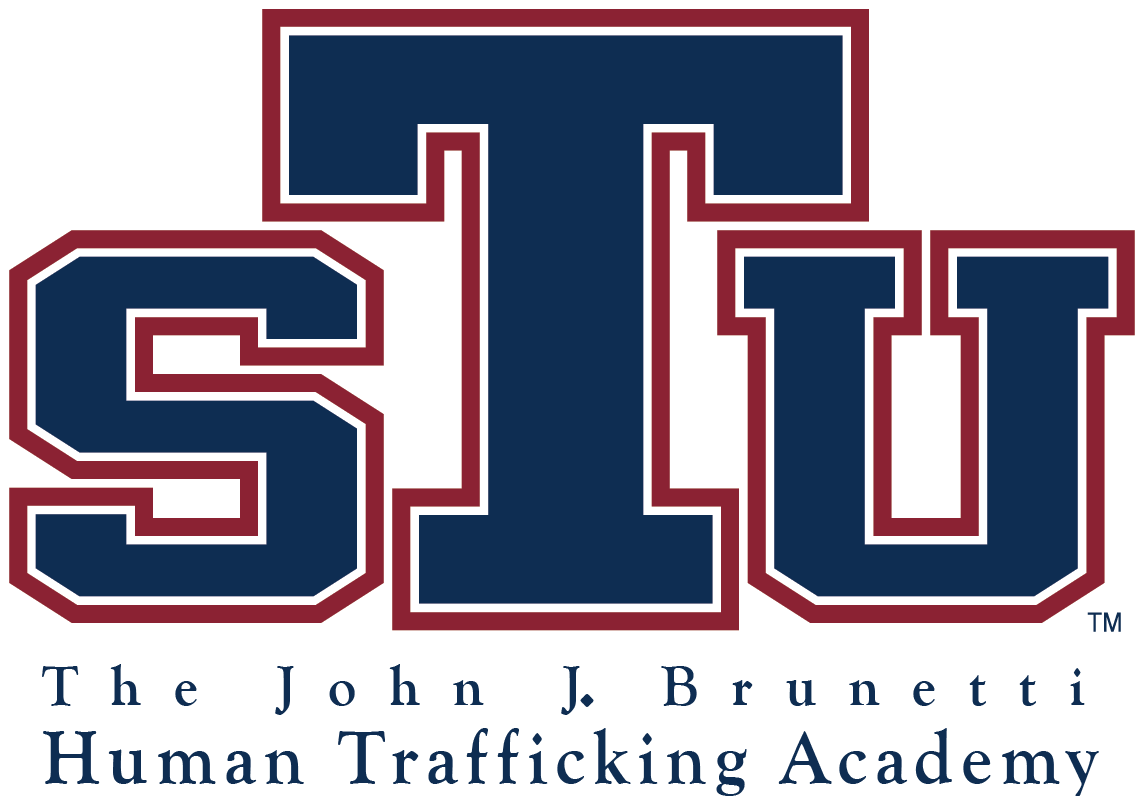



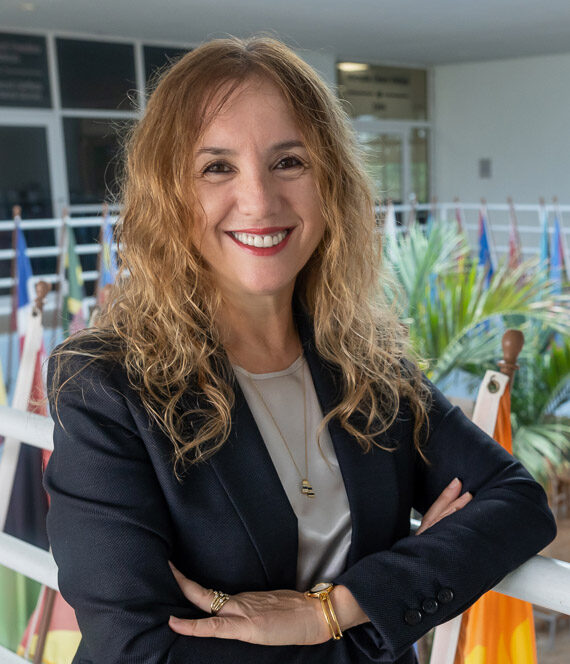 Prof. Dr. Roza Pati
Prof. Dr. Roza Pati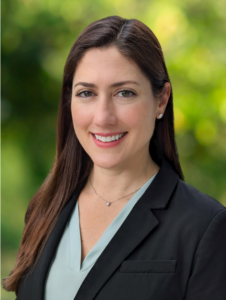
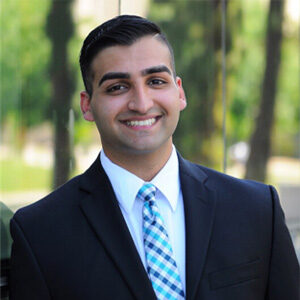
 Professor Brendan M. Conner
Professor Brendan M. Conner 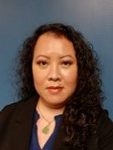 Professor Linh K. Dai
Professor Linh K. Dai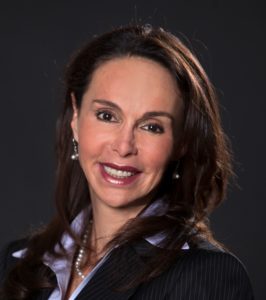
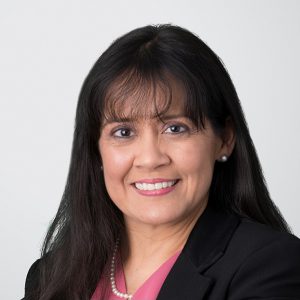
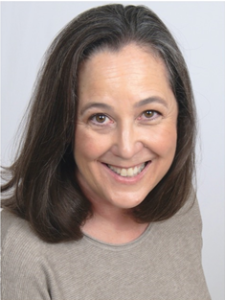
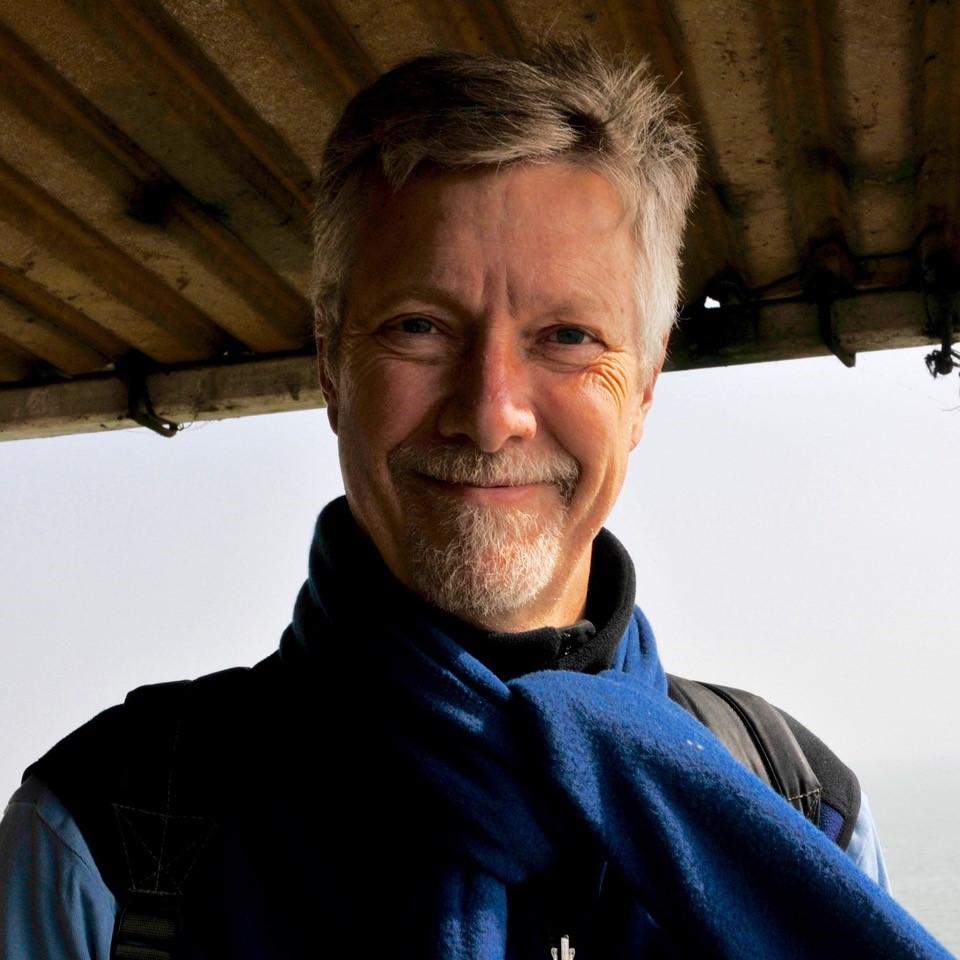
 The Honorable Bella Hounakey
The Honorable Bella Hounakey
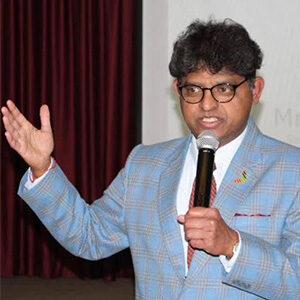 The Honorable Harold D’Souza
The Honorable Harold D’Souza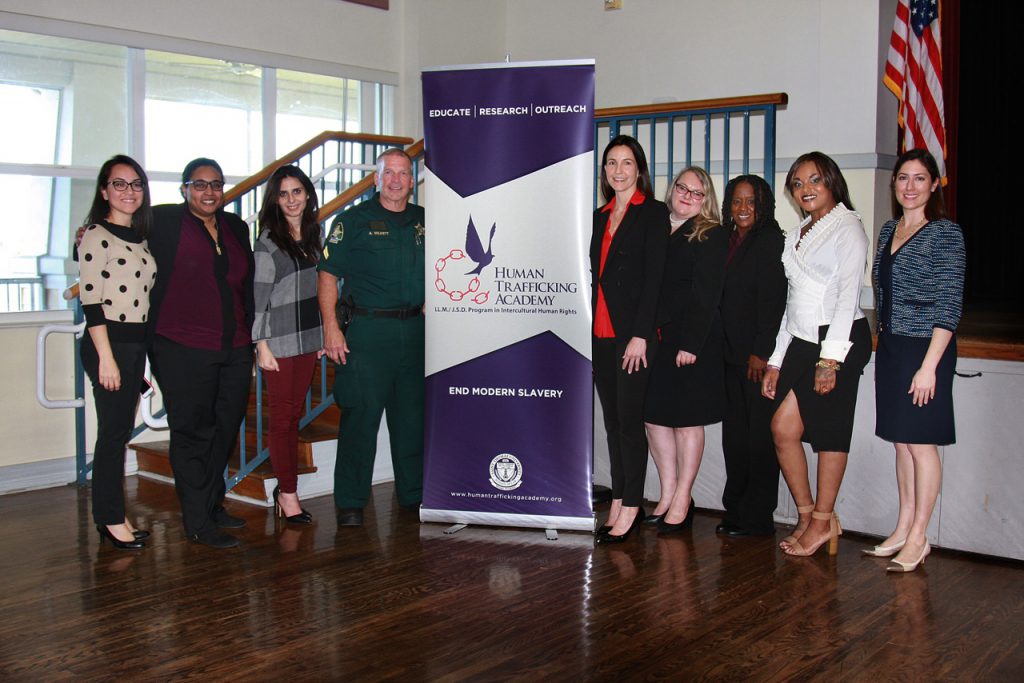
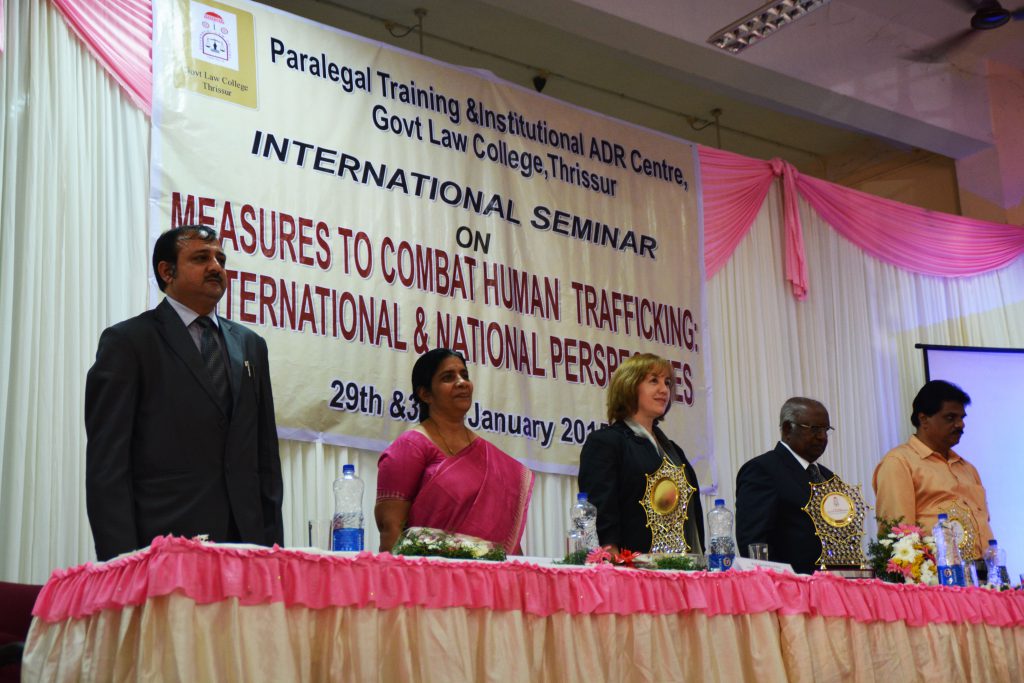
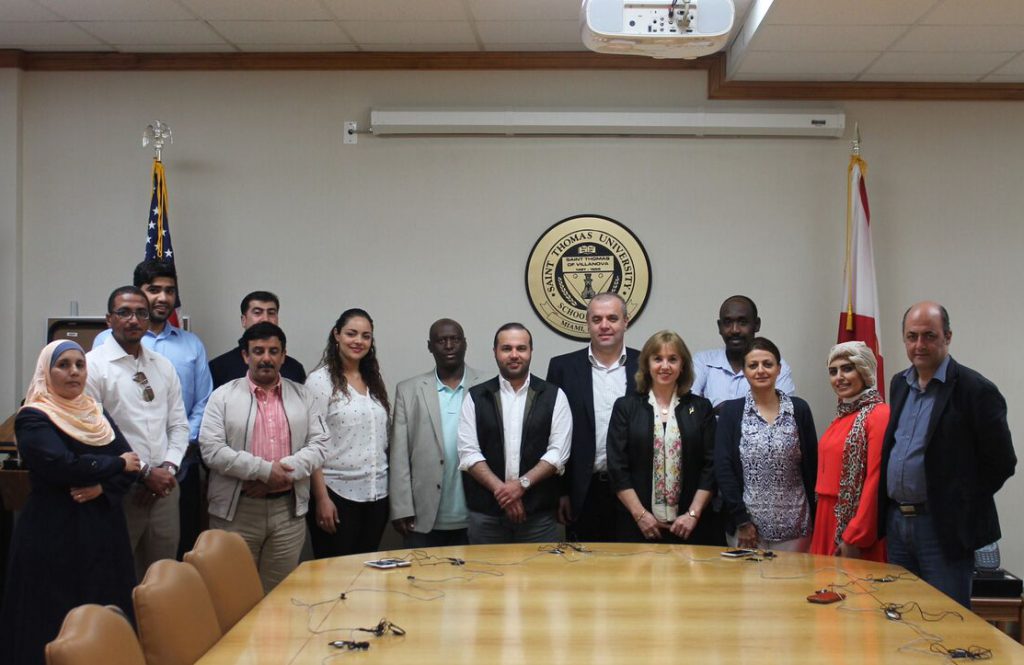
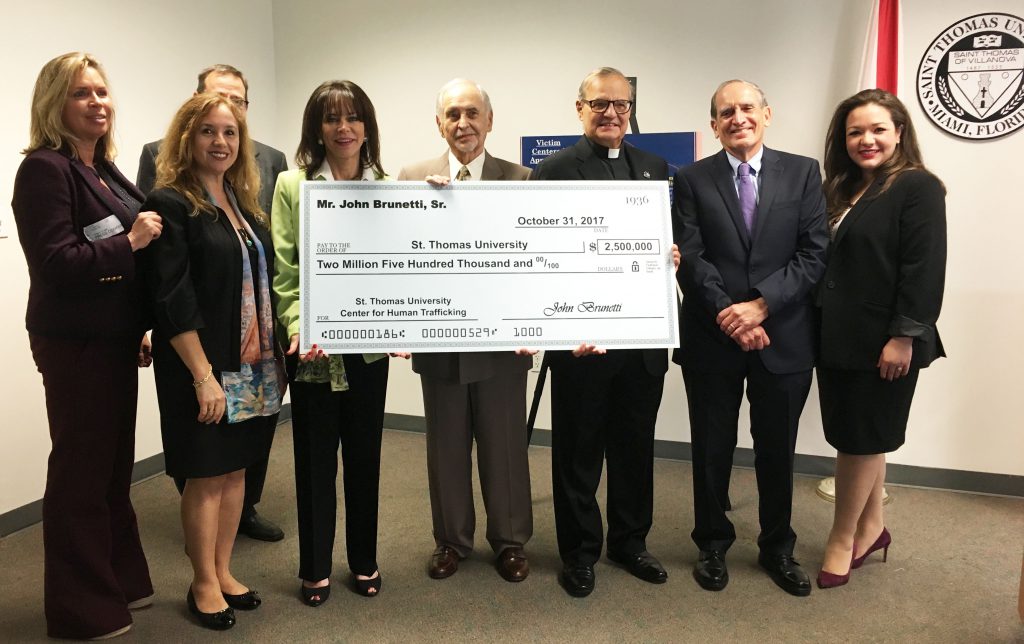
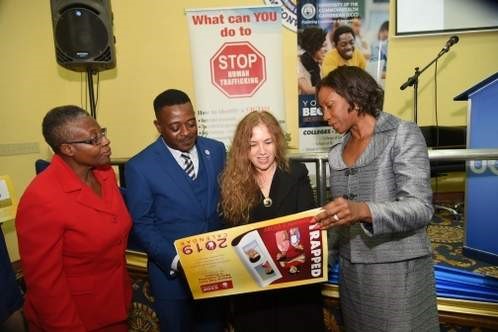
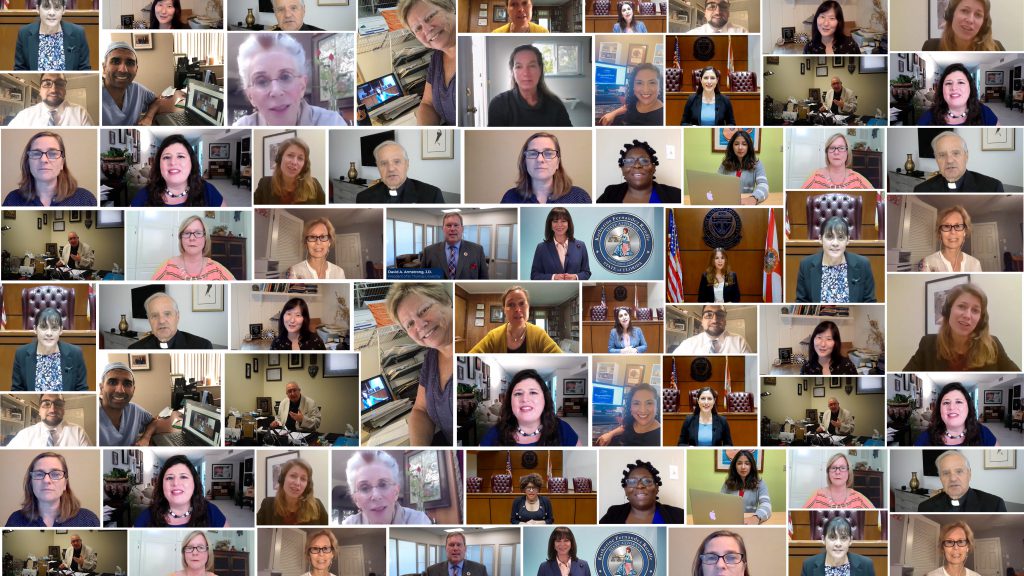
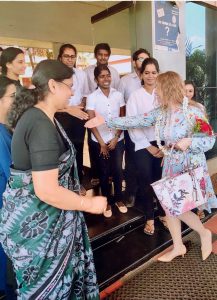
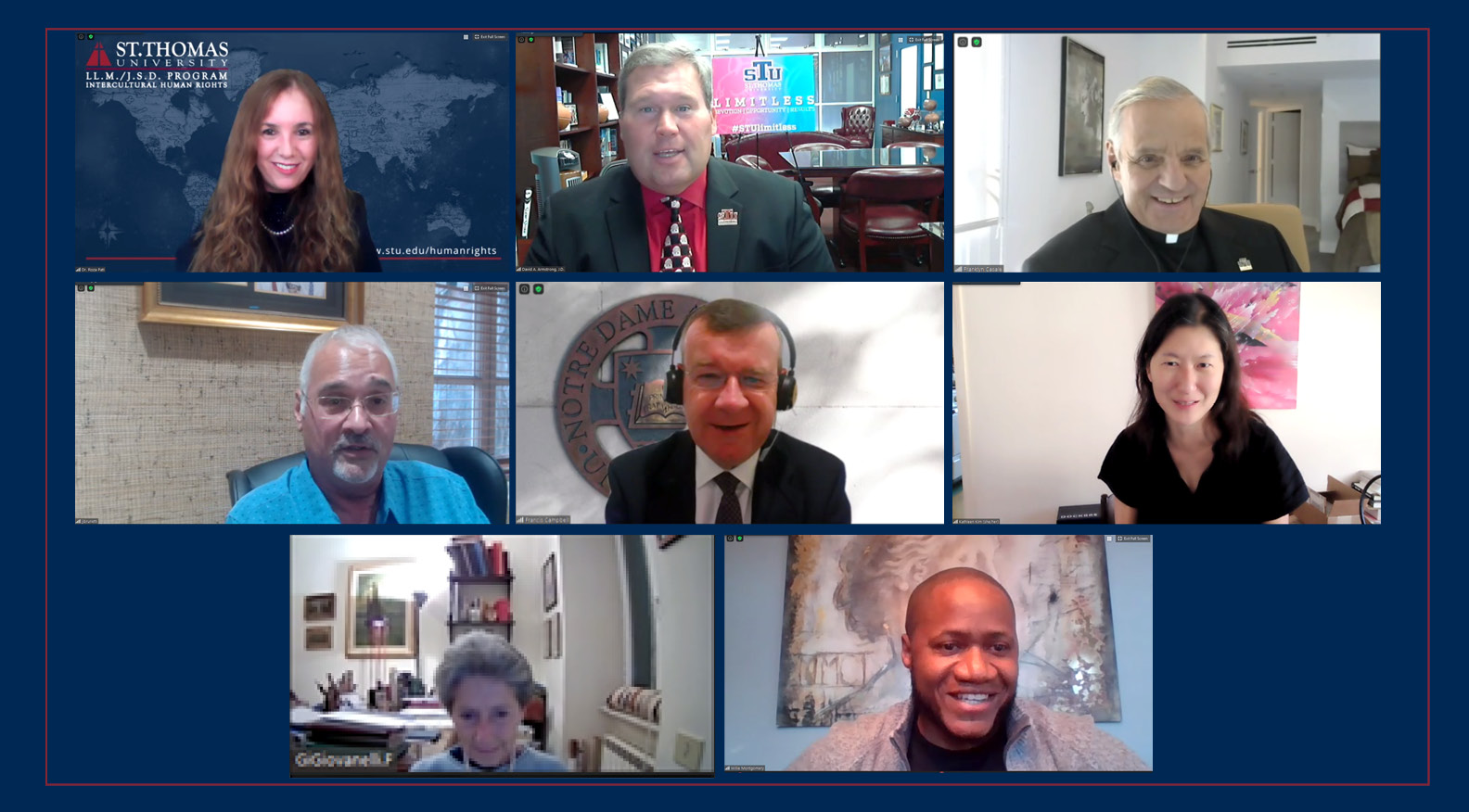
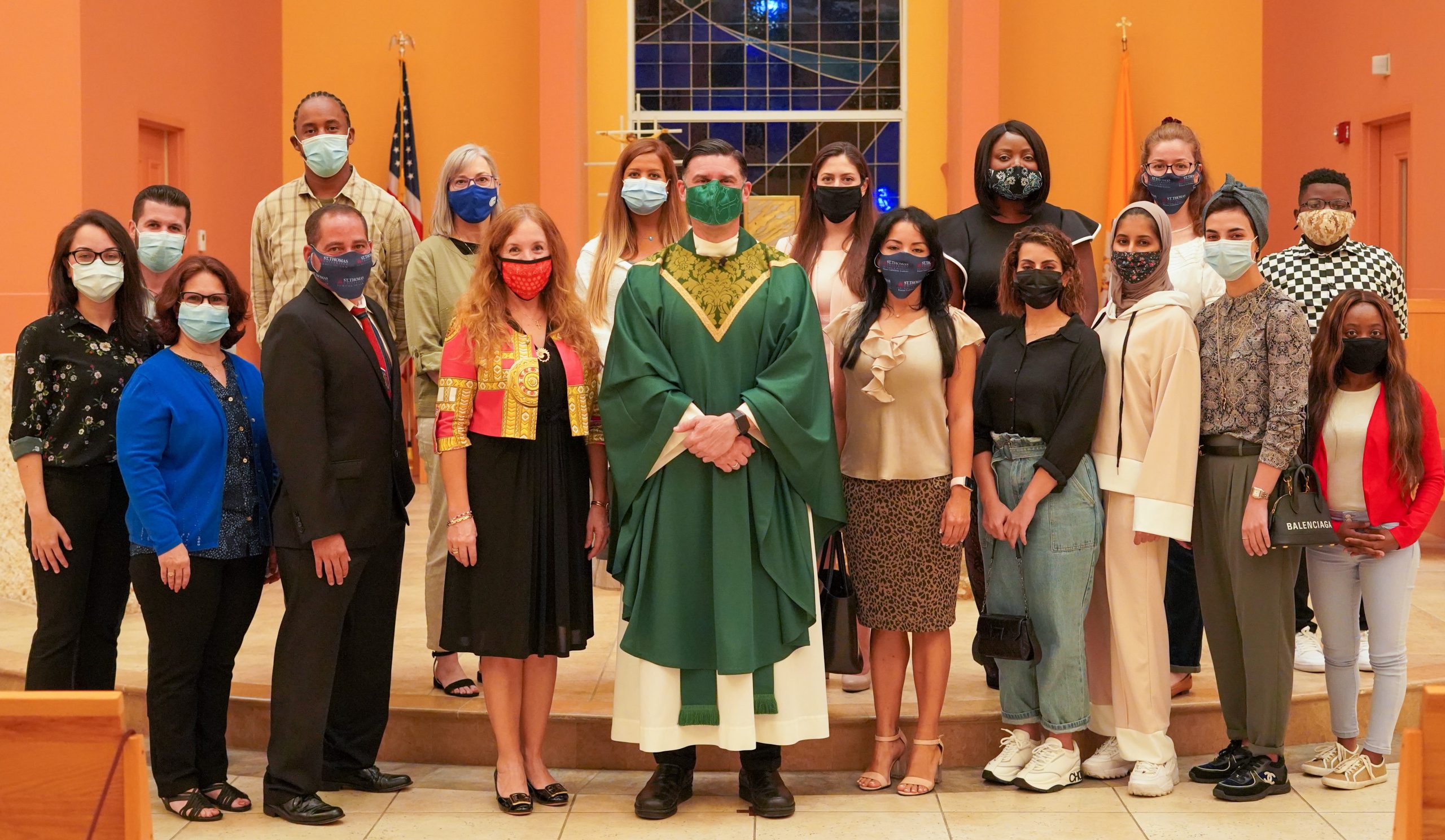
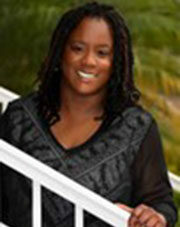 Ramona D. Miller
Ramona D. Miller Detective Krysten Ridenour
Detective Krysten Ridenour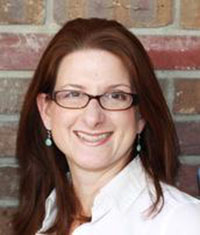
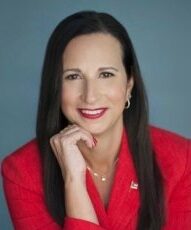 The Honorable Amira D. Fox
The Honorable Amira D. Fox Juliana Diaz, LMHC
Juliana Diaz, LMHC Crystal Lee Hamilton
Crystal Lee Hamilton Erika Pineros, LMHC
Erika Pineros, LMHC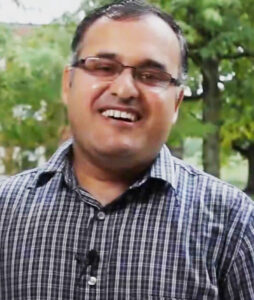 M. Kazam Hashimi
M. Kazam Hashimi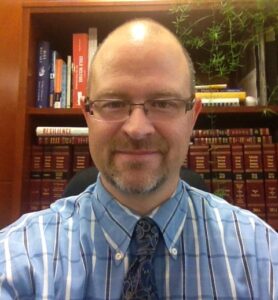
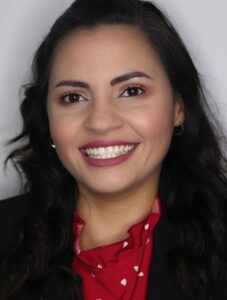 Maryem Reyes
Maryem Reyes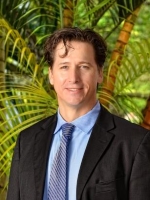
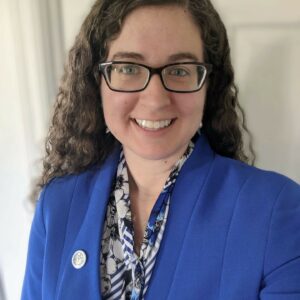 Jennifer Reyes Lay
Jennifer Reyes Lay Sloane Davidson
Sloane Davidson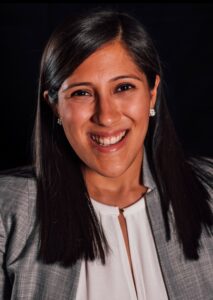
 Ana I. Vallejo, Esq.
Ana I. Vallejo, Esq.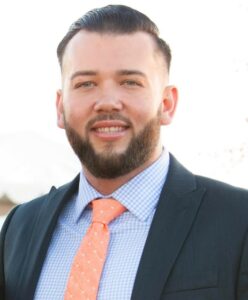 The Honorable Suamhirs Piraino-Guzman
The Honorable Suamhirs Piraino-Guzman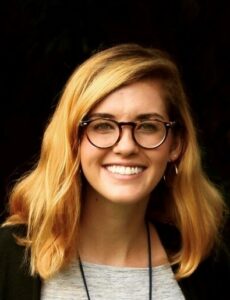 Caroline Chisholm
Caroline Chisholm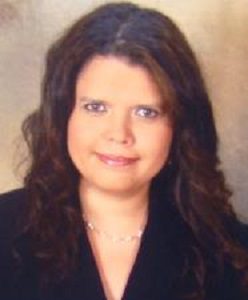 Imelda Medina, MD, MPH
Imelda Medina, MD, MPH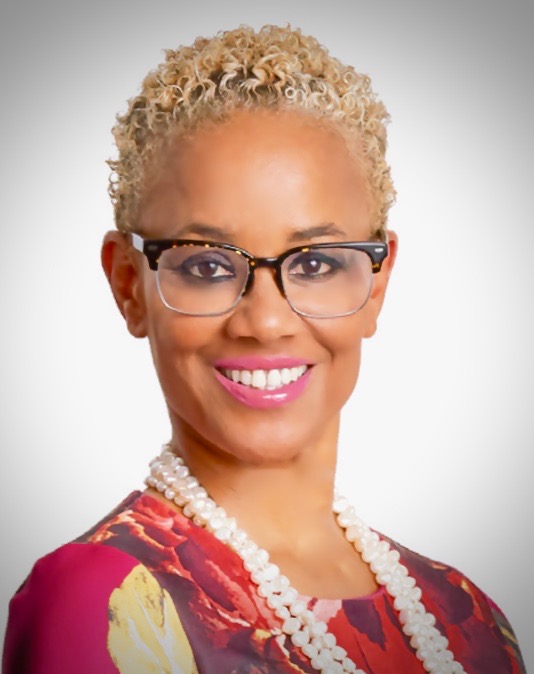
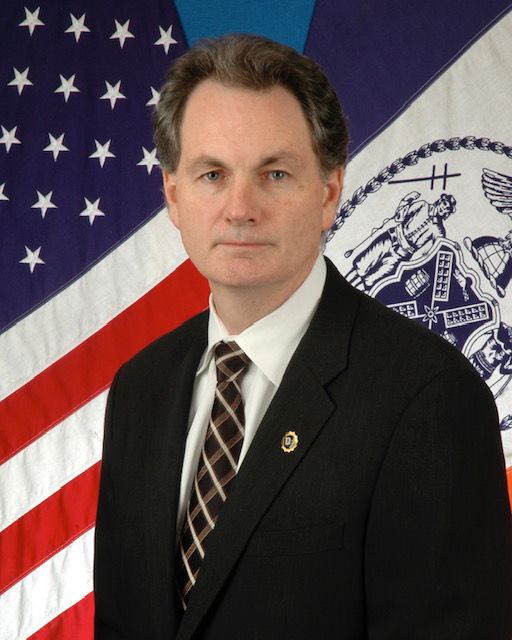
 Kutisha T. Ebron
Kutisha T. Ebron The Honorable Kwami Adoboe-Herrera
The Honorable Kwami Adoboe-Herrera Rebekah Charleston
Rebekah Charleston
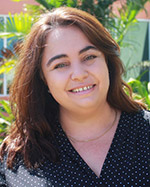 Maria Florencia Cornu Laport, Esq.
Maria Florencia Cornu Laport, Esq.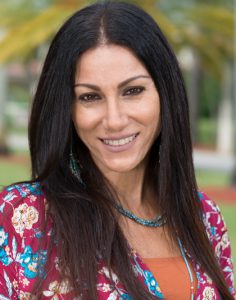
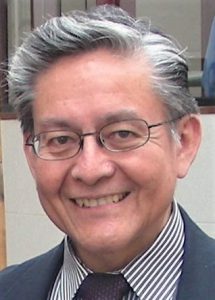
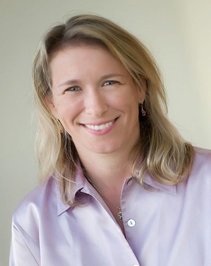
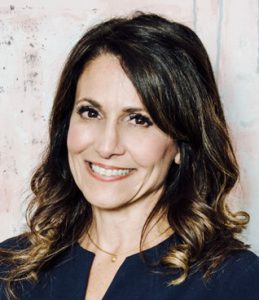


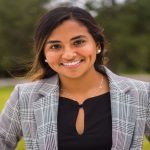 Maria Vega
Maria Vega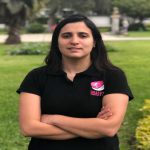
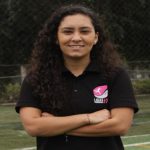


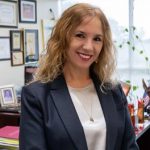
 Gabriela DeBellis
Gabriela DeBellis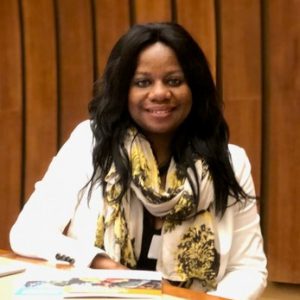 Lerina Bright
Lerina Bright

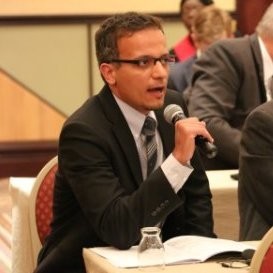
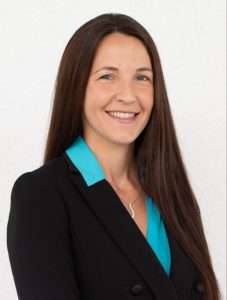
 Ronke Giwa Onafuwa
Ronke Giwa Onafuwa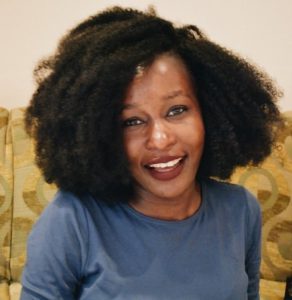

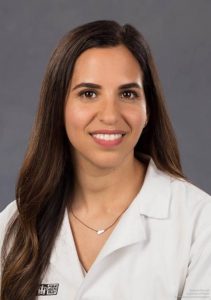
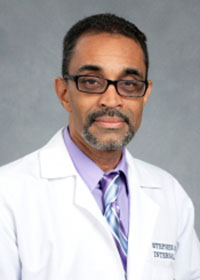
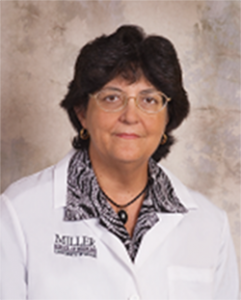
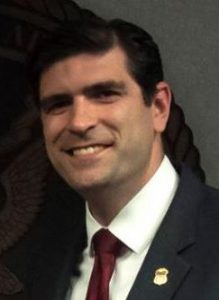

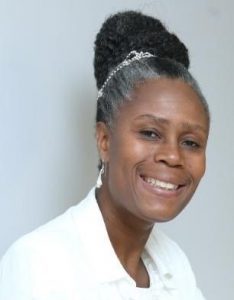 Myriam Mézadieu
Myriam Mézadieu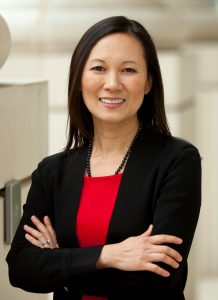 Thear Suzuki
Thear Suzuki Mary Anne Silvestri
Mary Anne Silvestri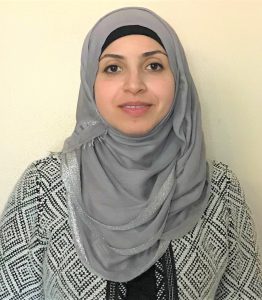
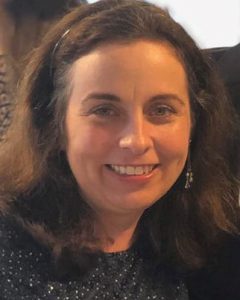
 Susan Patterson
Susan Patterson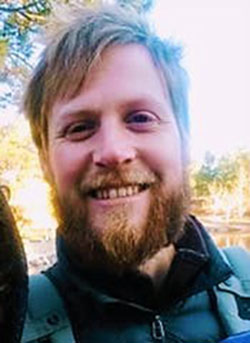 Jordan Bruxvoort
Jordan Bruxvoort